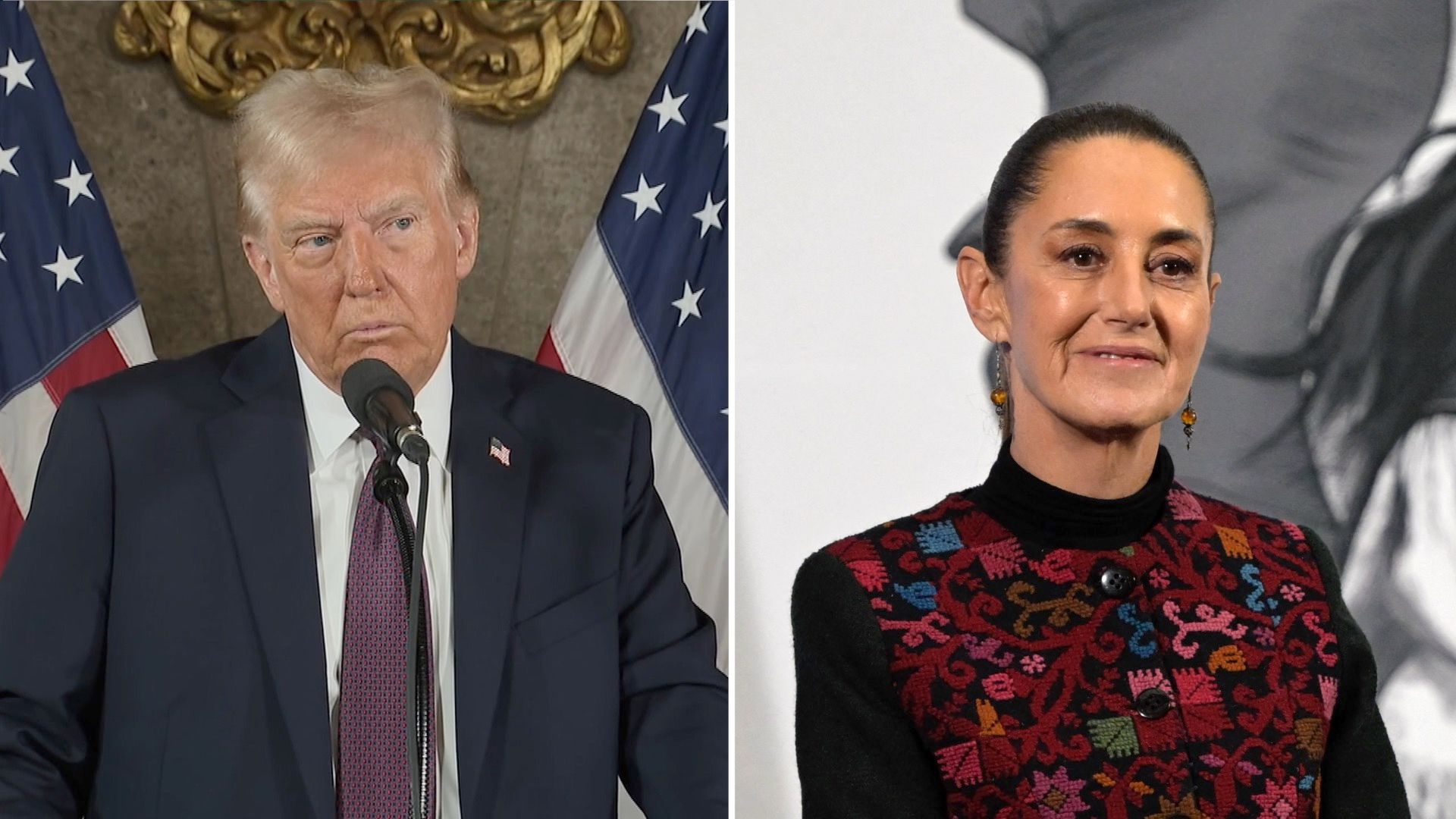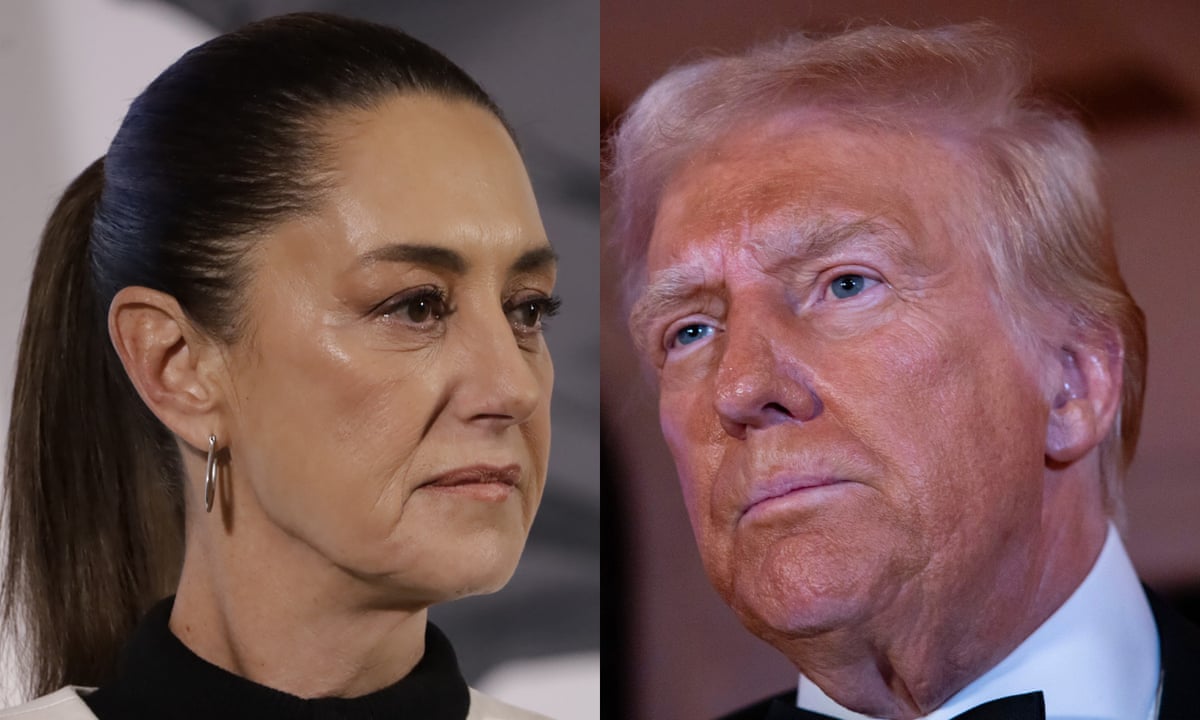Former President Trump has proposed renaming the Gulf of Mexico to the “Gulf of America,” sparking debate both in the U.S. and internationally. This idea was introduced as part of an executive order aimed at honoring American greatness, with the intention of renaming important landmarks to celebrate the country’s history and influence.
On January 20, 2025, Trump issued several executive orders on his second inauguration day. Among them, the proposal to rename the Gulf of Mexico stood out as the most controversial. Trump explained the rationale behind it, saying the Gulf plays a key role in America’s economy and should be named to reflect its importance.

While the idea received domestic attention, it has also caused backlash internationally, especially from Mexico. Mexican President Claudia Sheinbaum made it clear that her country would not recognize the change, stating that it will remain the Gulf of Mexico for both Mexico and the world. This remark highlights the shared cultural and historical significance the Gulf holds for Mexico and neighboring countries like Cuba.
The Gulf of Mexico is a crucial resource for the U.S., Mexico, and Cuba, supporting industries such as fishing, oil, and shipping. Changing its name could create complications, as it would affect international agreements that govern the area. Critics argue that renaming the Gulf is a move toward hyper-nationalism and risks damaging diplomatic relations.

Some supporters, however, view the proposal as a way to emphasize America’s economic strength and leadership in the region. They argue that renaming the Gulf reflects the U.S.’s role in maintaining prosperity and security in the area.
The debate has gained traction on social media, with many expressing their opinions in memes and comments. While some support the idea as a symbol of pride, others see it as a provocation that could harm international partnerships.

As the discussion continues, it raises broader questions about national identity, diplomacy, and the importance of shared resources like the Gulf. The proposal’s outcome will likely affect both U.S. relations and the future of international cooperation.
